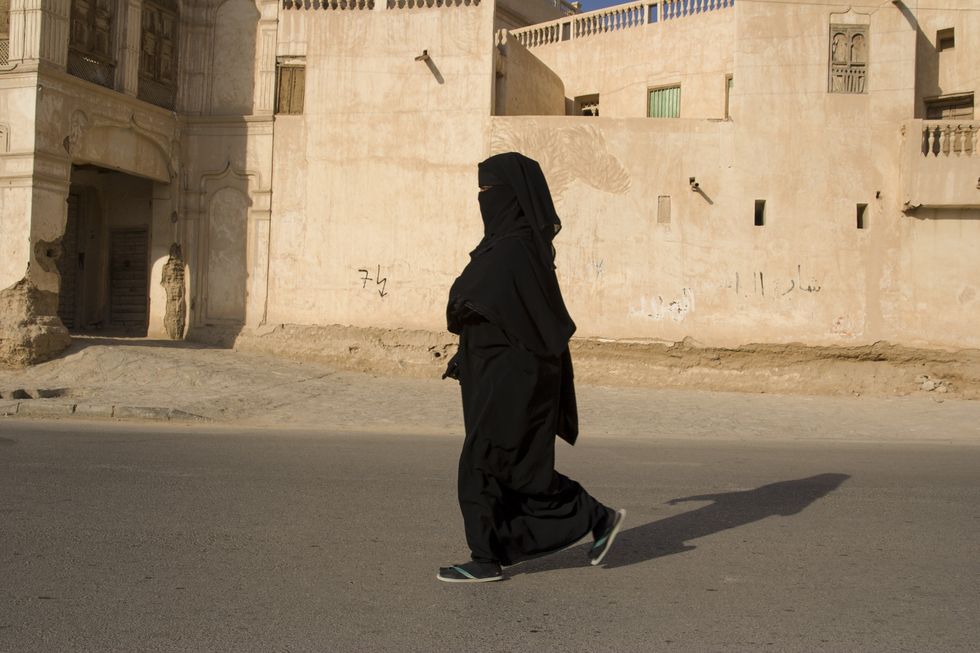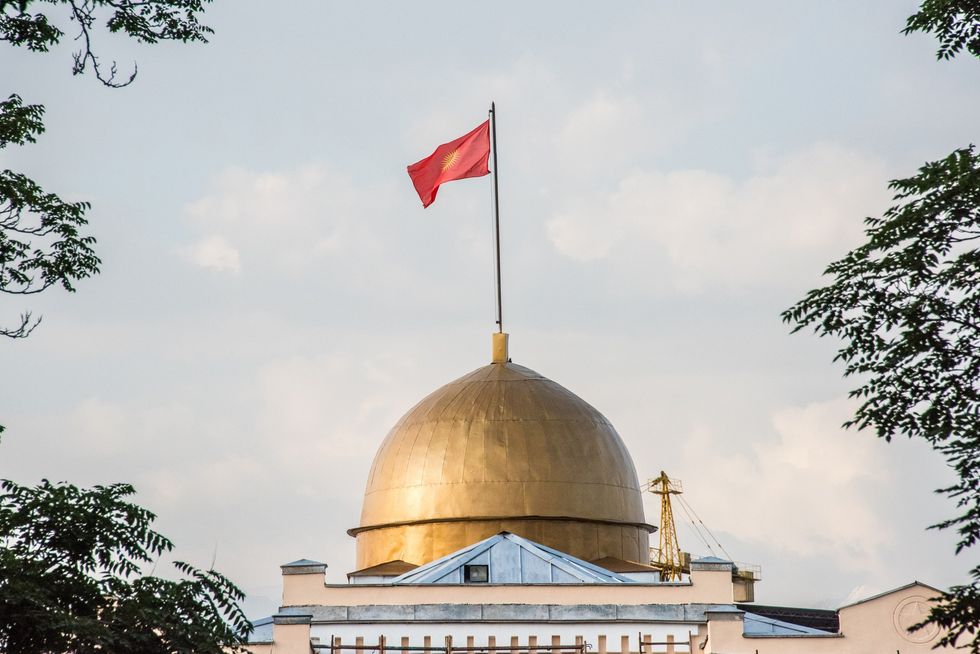Three in four British Muslims do not believe Hamas committed murder on October 7 - Jacob Rees-Mogg
GB News
Women in Kyrgyzstan will be fined for wearing the garment
Don't Miss
Most Read
Trending on GB News
A Muslim-majority country has banned women from wearing niqabs as they claim they could hide “attackers in disguise" and are “alien to our society”.
Women in Kyrgyzstan will be fined for wearing the garment under a new plan supported by the country’s Muslim government.
A niqab is characterised by a garment that covers a woman’s entire body except her eyes.
This comes as Central Asian officials are seeking to combat the growing influence of Islamism.

A niqab is characterised by a garment that covers a woman’s entire body except her eyes
GETTY
The nation implemented a ban earlier this year, with those found wearing the veil risking a fine of 20,000 Som (£179).
This is more than half the average monthly salary.
The Spiritual Administration of Muslims of Kyrgyzstan said on Tuesday that “the niqab is alien to our society”.
It added: “It is possible that our niqab-wearing sisters are attackers in disguise, which threatens public safety.”
MORE LIKE THIS:
- West Midlands news: Female British Isis terrorist complains about mugshot as picture showed her without head covering
- Former headteacher who urged pupils to 'recite the Koran' and 'wear hijabs outside of school' appointed as Ofsted chairman
- Owning images of Muslim women without their hijab should be a criminal offence, Labour MPs propose
“So it is important to openly show your face to be recognisable.”
After gaining independence from the USSR, the five Central Asian countries with Muslim-majority populations experienced a swift resurgence of interest in Islamism, which their secular governments have worked to suppress.
In recent years, the region has seen an increase in Islamic radicalisation.
Thousands of Central Asian citizens left to join jihadist groups in the Middle East during the rise of the Islamic State between 2013 and 2015.

After gaining independence from the USSR, the five Central Asian countries with Muslim-majority populations experienced a swift resurgence of interest in Islamism
GETTY
Kyrgyz President Sadyr Japarov, who signed the ban into law at the beginning of this year, stated in a Saturday interview that women in the nation had traditionally "never worn a burqa".
He further emphasised that the ban was "important for ensuring public safety."
Central Asia's Islamic “spiritual administrations” are formally independent from the government, but they trace their origins to the official, Soviet-era institutions that sought to assert the state's control over religion







